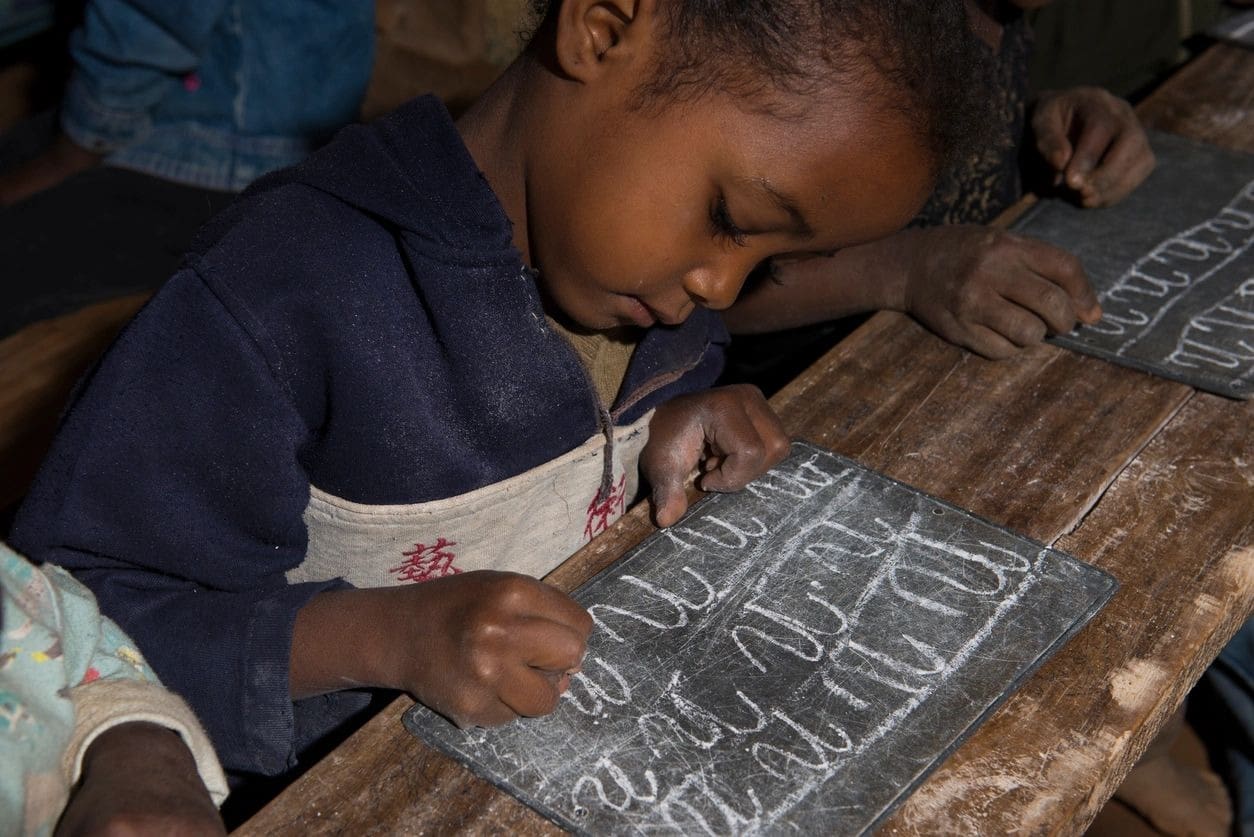
Education-LEARN MORE
LEARN MORE
Education is a powerful tool that can transform the lives of deprived children, breaking the cycle of poverty and opening doors to a brighter future. Numerous programs around the world have demonstrated the profound impact of providing quality education to disadvantaged youth. One such example is the work of the Barefoot College in India, which educates rural children and women, empowering them with skills in solar engineering and sustainable development. In Kenya, the Kibera School for Girls offers free education to girls in one of Africa’s largest slums, resulting in higher literacy rates and greater opportunities for these young women. Similarly, Brazil’s Escola Municipal de Ensino Fundamental Presidente Campos Salles has successfully integrated education with social services, improving both academic outcomes and community well-being. In Bangladesh, BRAC’s education program has reached millions of children, particularly girls, ensuring they have access to schooling and vocational training. Another notable initiative is Room to Read, which focuses on literacy and gender equality in education across Asia and Africa, positively impacting countless lives. The transformative power of education is also evident in the story of Malala Yousafzai, whose advocacy for girls’ education in Pakistan brought global attention to the issue and earned her a Nobel Peace Prize. These examples illustrate that targeted educational interventions can lead to significant social change, providing deprived children with the tools they need to succeed. Education fosters critical thinking, creativity, and resilience, equipping young minds to overcome adversity. By investing in the education of the most vulnerable, we not only enhance individual lives but also contribute to the broader goal of global development and peace.
